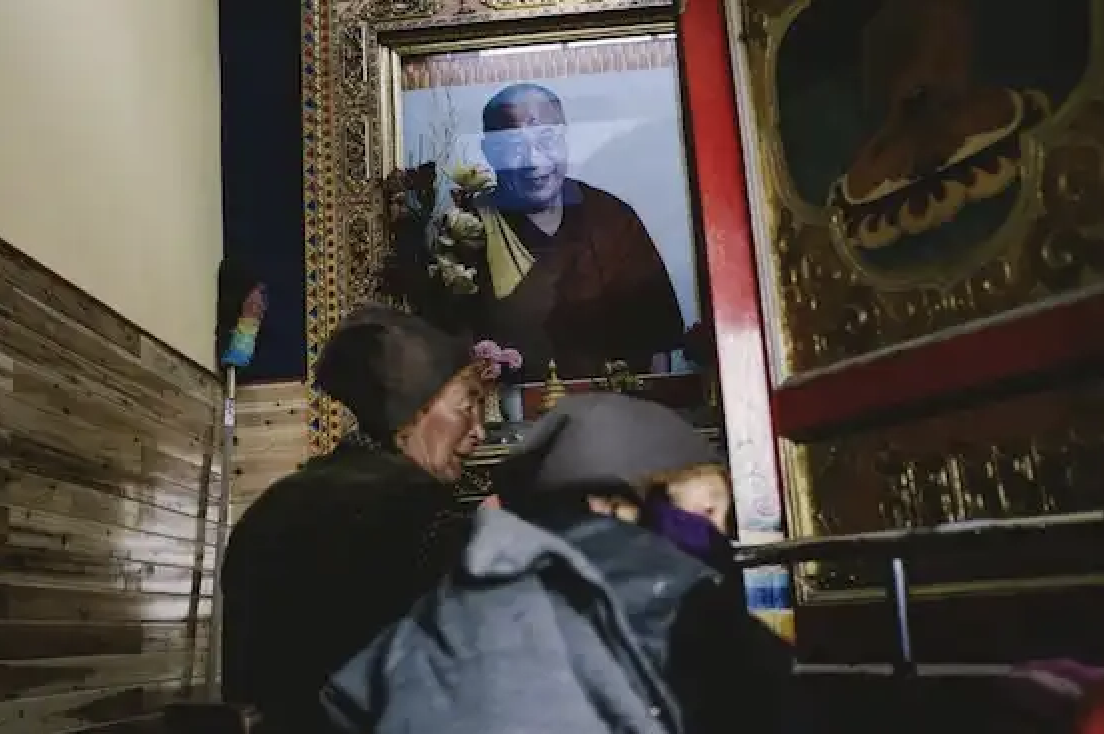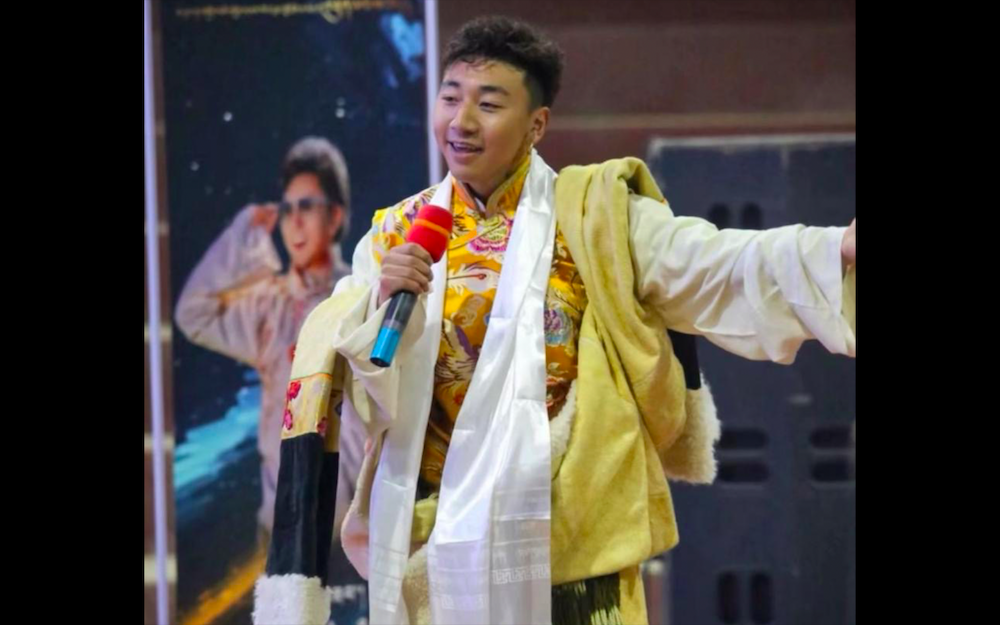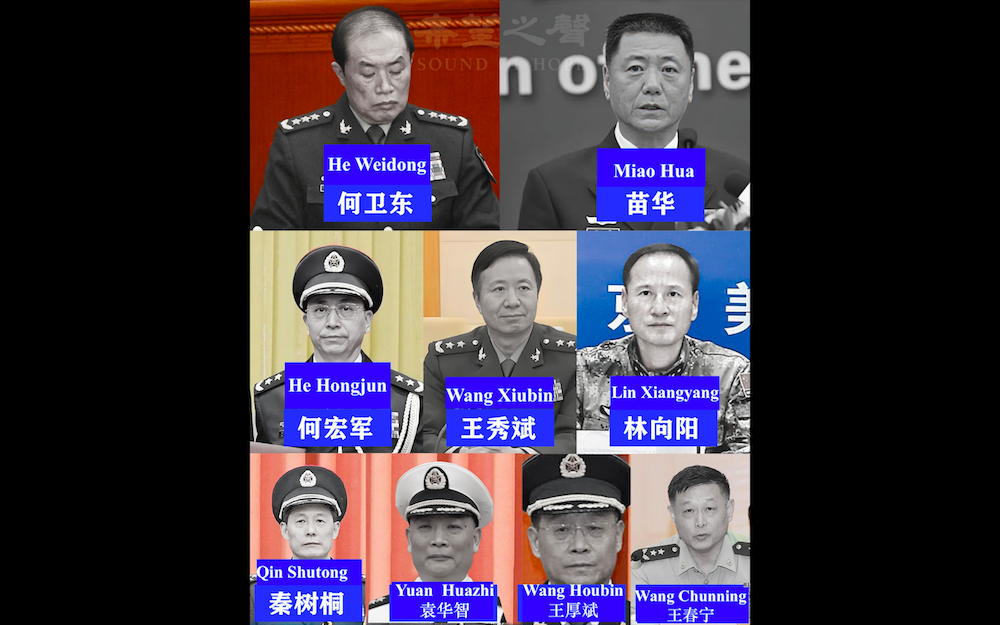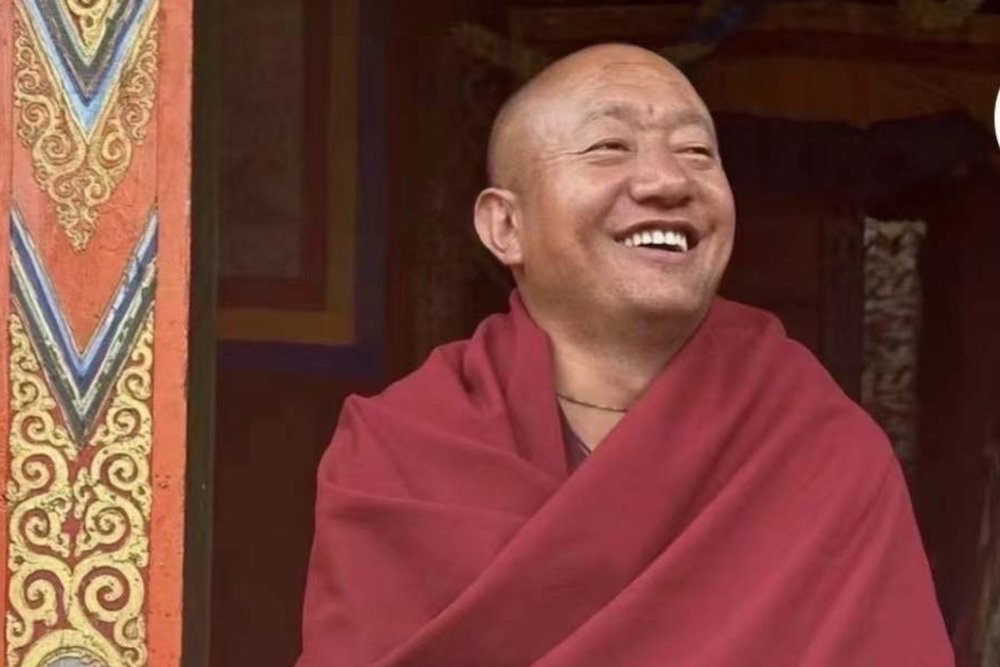Tenzin Nyidon
DHARAMSHALA, July 19: A young Tibetan singer known as Ah Sang, or by his online alias Tsugte, has reportedly been arrested and forcibly taken away by Chinese authorities over two weeks ago from Ngaba, in the eastern Tibetan region of Amdo, according to multiple Dharamshala-based exile news outlets. His arrest reportedly came after he performed the song “Prince of Peace” during celebrations marking the 90th birthday of His Holiness the Dalai Lama.
According to reports, his detention is linked to this performance of “Prince of Peace,” a song that contains deeply reverent references to the exiled Tibetan spiritual leader. One of the verses, “Born as a youth in Amdo, with footsteps placed in U-Tsang, whose activities flourished in the noble land, We remember you, Prince of Peace,” references the Dalai Lama’s early life in Amdo, his spiritual leadership in central Tibet, and his eventual exile in India.
Other verses in the song reflect a rejection of materialism in favor of religious devotion, referencing items such as “gold, silver, turquoise and coral ornaments, tiger, leopard, fox and otter fur clothing,” and noting that such luxuries are “not suitable for our religious people.” The lyrics affirm alignment with the Dalai Lama’s teachings, stating, “We also remember your teachings on this.”
According to credible sources who spoke to Tibet Times on condition of anonymity, Ah Sang was arrested along with two of his friends for re-performing a banned song that had previously been sung by other Tibetan artists. “There has been no official explanation from the authorities, and Asang’s family has been kept in the dark about his condition or whereabouts,” one source familiar with the case told TT.
The song, written by lyricist Arik Choeten Thar in 2006 and popularized by renowned Tibetan singer Sherten, is a tribute to the Dalai Lama and has long been subject to censorship by Chinese authorities. Any public expression of admiration for the exiled Tibetan spiritual leader is considered politically sensitive and labeled as “separatist” by the Chinese state, making both the song and its performers targets of government reprisal. Past renditions of the song have been suppressed, and those associated with it have faced state persecution. The song’s lyricist, Arik Choeten Thar, was previously detained and remains under surveillance with restrictions placed on his movement.
Sources report indicate that even prior to his arrest, Ah Sang had been under constant surveillance by Chinese authorities due to the themes of his music, which prominently focused on Tibetan culture, religion, and national identity. His artistic work was closely monitored, and his performances were reportedly subject to strict censorship and oversight.
During this year’s Monlam Chenmo (Great Prayer Festival) at Kirti Monastery in Ngaba, Ah Sang made a public appearance with the word “Tibet” boldly written on his forehead, a symbolic act that garnered admiration on social media but likely intensified scrutiny from the authorities.
Ah Sang belongs to the Nagtsang family from the fourth Kashul village group in Barma township, Takmo County, Ngaba. He is married to Lhamo, and the couple has a young son who is just over a year old. Lhamo is currently expecting their second child. His enforced disappearance has left his family in anguish, with no official information or communication provided by the authorities regarding his whereabouts or condition, according to multiple reports.
The latest arrest is part of a long-standing pattern of escalating repression in Tibet. It highlights China’s growing crackdown on artistic and cultural expression, which now extends beyond political activists and monks to include artists, singers, writers, and ordinary civilians. Among those targeted in recent years are well-known figures such as singers Gegjom Dorjee,
Palden, Pema Trinley, Chakdor, and Lhundrub Drakpa; writers and intellectuals like Gendun Lhundrup and Tashi Wangchuk; and prominent scholar Rongwo Gangkar, among others. This widening scope of repression reflects Beijing’s efforts to silence any expression of Tibetan identity and cultural resilience.










